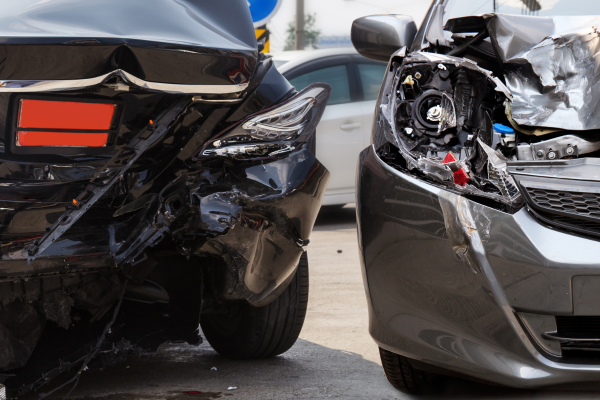
“Full coverage” is a common term in the insurance industry. It describes a comprehensive policy that provides a broad range of protections for drivers and their vehicles. However, it’s important to fully understand that coverage options and requirements vary by state. In Florida, having “full coverage” auto insurance typically includes several types of coverage that are mandatory or recommended for Florida drivers.
Liability Coverage
Liability insurance is mandatory in Florida and covers damages or injuries you cause to others in an accident where you are at fault. Florida requires drivers to have a minimum of $10,000 in property damage liability (PDL) coverage and personal injury protection (PIP) coverage. PIP is exclusive to Florida and helps pay your medical expenses no matter who is at fault in an accident.
Collison Coverage
Collision coverage is optional but strongly recommended, especially if you have a newer or high-value vehicle. It helps cover the cost of repairs to your vehicle if it’s damaged in a collision with another vehicle or object, regardless of fault. This coverage typically comes with a deductible, the amount you must pay out of your pocket before the insurance coverage kicks in.
Comprehensive Coverage
Optional but valuable, comprehensive coverage protects your vehicle from non-collision incidents like theft, vandalism, natural disasters, or hitting an animal. Like collision coverage, comprehensive coverage usually has a deductible.
Uninsured/Underinsured Motorist Coverage
Though not required in Florida, uninsured/underinsured motorist coverage (UM/UIM) is strongly recommended. It helps cover your expenses if you’re in an accident caused by a driver who doesn’t have insurance or doesn’t have enough insurance to cover your damages.
Medical Payments Coverage
Medical payment coverage, or MedPay, is optional in Florida and helps pay for medical expenses for you and your passengers regardless of fault. It can be particularly beneficial if your health insurance has high deductibles or copays.
Rental Reimbursement Coverage
This optional coverage helps pay for the cost of renting a vehicle while yours is being repaired after a covered accident; it’s nice to have but not essential, as you may have other transportation options available.
Gap Insurance
Gap insurance can be useful if you’re financing or leasing your vehicle. It covers the difference between what you owe on your auto loan or lease and the actual cash value of your vehicle if it gets totaled in an accident.
Having “full coverage” doesn’t necessarily mean you’ll be completely covered in all situations, as coverage limits and exclusions still apply. Reviewing your policy and carefully considering any additional coverage options based on your unique needs and circumstances is crucial.
While Florida requires drivers to have certain minimum coverages, these may not always be sufficient to fully protect you in the event of a severe accident. For example, medical costs can quickly exceed the minimum PIP coverage limits, leaving you responsible for any remaining expenses if you’re at fault in an accident.
Be sure to work with your insurance agent to customize a policy that will adequately protect you and your vehicle.
Contact a Florida Personal Injury Lawyer
If you have suffered injuries in an accident, are having difficulty with the insurance company, or are facing other complex challenges, seeking the right legal help is crucial.
Our legal team has over 40 years of experience seeking justice for our clients who have been the victims of personal injury accidents. Our attorneys have sought and won millions of dollars for our injured clients. Don’t allow your health and legal rights to go unaddressed after an accident.


